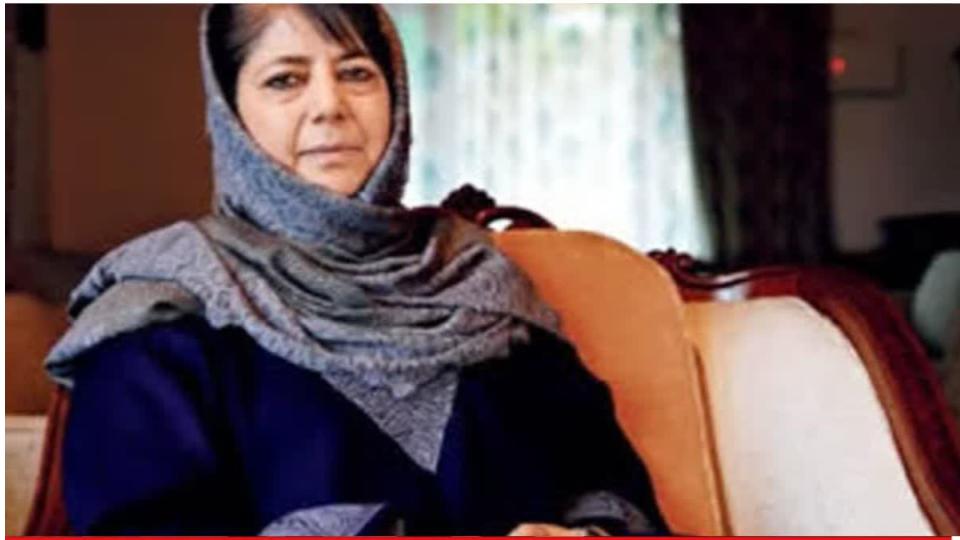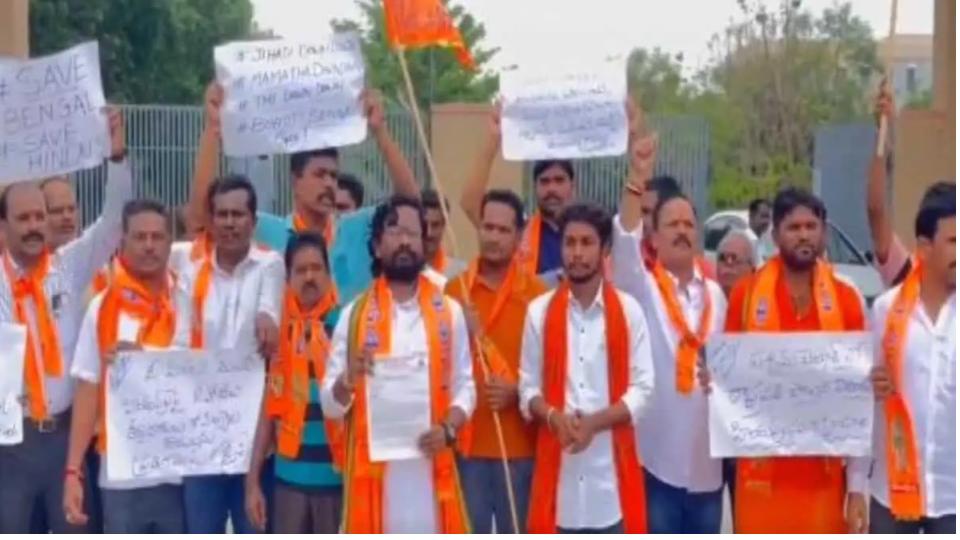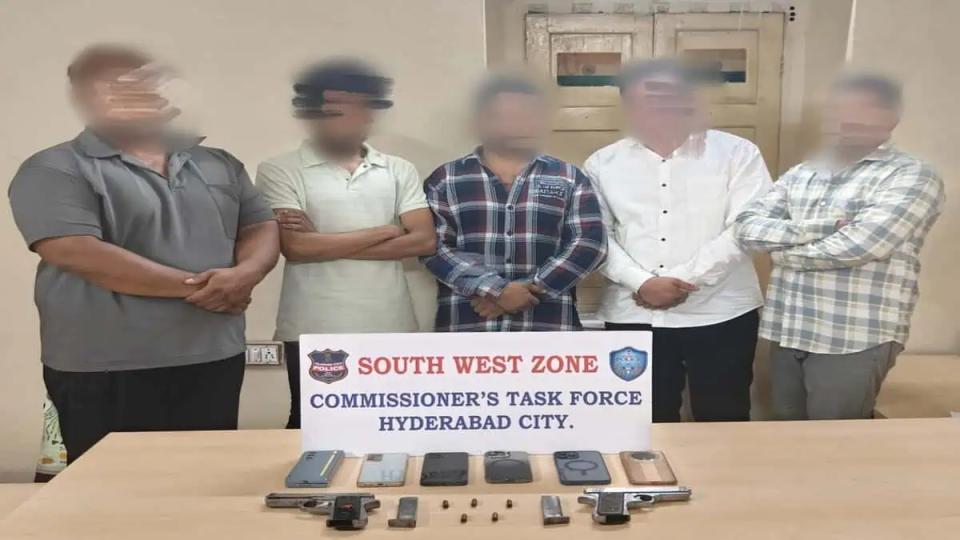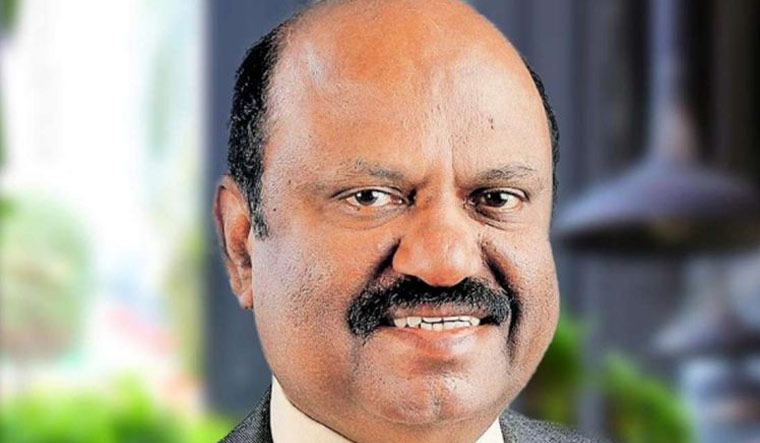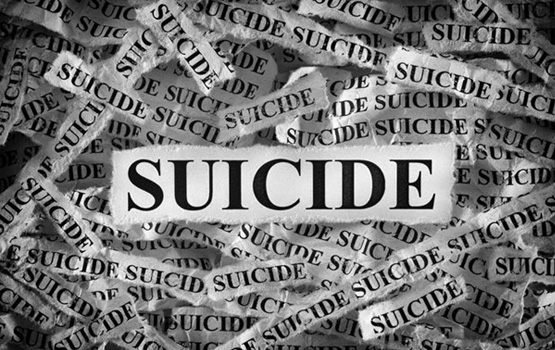South Korea keeps crowd limits as omicron causes 25-fold spike
Fri 18 Feb 2022, 12:08:51
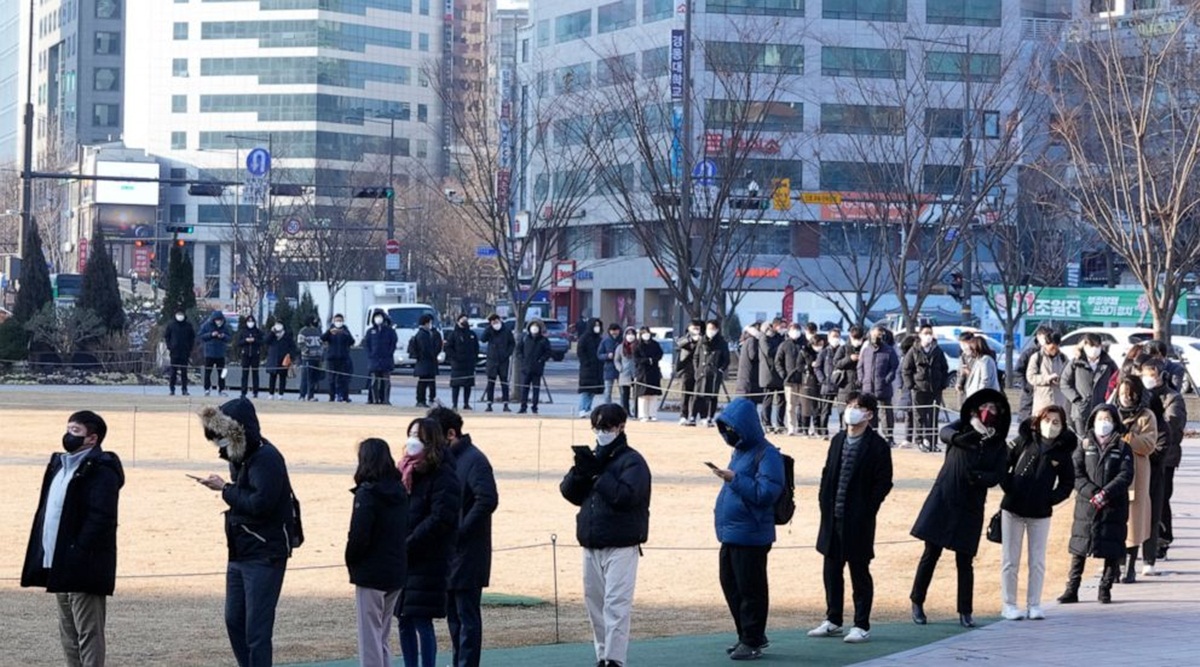
Seoul: South Korea will extend restaurant dining hours but maintain a six-person limit on private social gatherings as it wrestles with a massive coronavirus wave driven by the highly infectious omicron variant.
The 109,831 new cases reported on Friday was another record and about a 25-fold increase from the levels seen in mid-January, when omicron became the country's dominant strain. The more than 516,000 infections counted in the past seven days alone raised South Korea's caseload to over 1.75 million.
Omicron has so far seemed less likely to cause serious illness or death than the delta variant, which hit the country hard in December and January. But cases are growing much faster and appear to be putting the country on a verge of a possible hospital surge.
Prime Minister Kim Boo-kyum, Seoul's No. 2 official behind President Moon Jae-in, acknowledged people's frustration with extended virus restrictions and the shock on service sector businesses, but said officials couldn't afford to ease social distancing significantly when hospitalizations and deaths are starting to creep up.
Officials did extend the curfew on restaurants and other businesses from 9 p.m. to 10 p.m. but private social gatherings of seven or more people will continue to be prohibited at least through March 13.
People will continue to be
required to show their vaccination status through smartphone apps or documents to enter potentially crowded spaces like restaurants, coffee shops, gyms and karaoke venues.
required to show their vaccination status through smartphone apps or documents to enter potentially crowded spaces like restaurants, coffee shops, gyms and karaoke venues.
Experts are expecting the (omicron outbreak) to peak sometime between late February and March, Kim said during a meeting on anti-virus strategies. When we reach a point where we could confirm the (outbreak) has peaked and was in decline, we will start meaningfully easing social distancing measures like other nations so that people could go back to their precious normal lives.
The Health Ministry said about 30% of intensive care units designated for COVID-19 treatment are currently occupied.
The ministry said 385 virus patients were in serious or critical condition, which was 100 more than a week earlier but still lower than the levels of around 1,000 seen in late December during a delta outbreak.
While omicron more easily infects those who have been vaccinated or had COVID-19 previously, experts say vaccination and booster shots still provide strong protection from serious illness and death.
More than 86% of South Koreans have been fully vaccinated and 58% have received booster shots. Health officials started offering fourth vaccination shots at nursing homes and other long-term care settings this seek.
No Comments For This Post, Be first to write a Comment.
Most viewed from International
Most viewed from World
AIMIM News
Latest Urdu News
Most Viewed
May 26, 2020
Do you think Canada-India relations will improve under New PM Mark Carney?
Latest Videos View All
Like Us
Home
About Us
Advertise With Us
All Polls
Epaper Archives
Privacy Policy
Contact Us
Download Etemaad App
© 2025 Etemaad Daily News, All Rights Reserved.

.jpg)






.jpg)
.jpg)

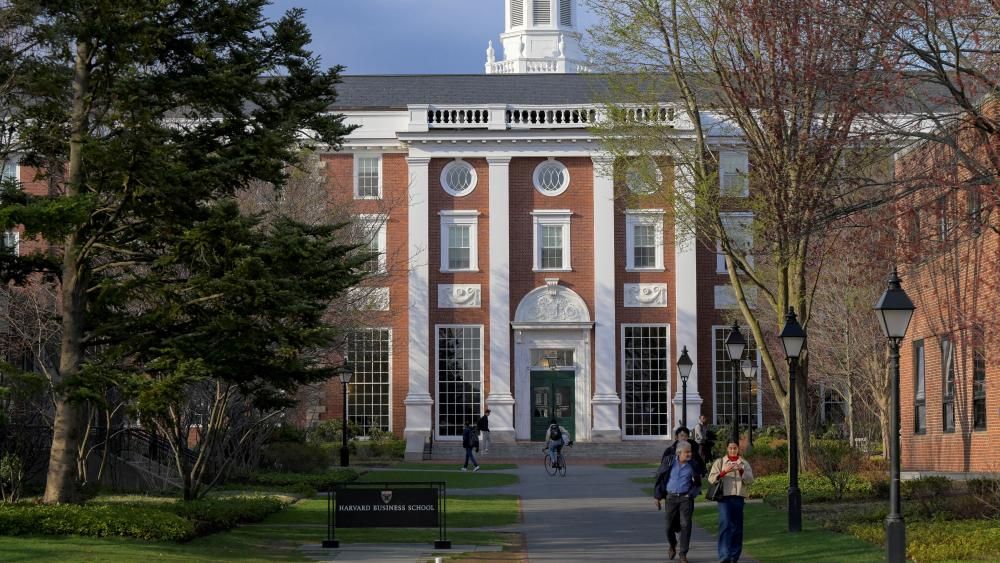
.jpg)
.jpg)
.jpg)
.jpg)
.jpg)
.jpg)
